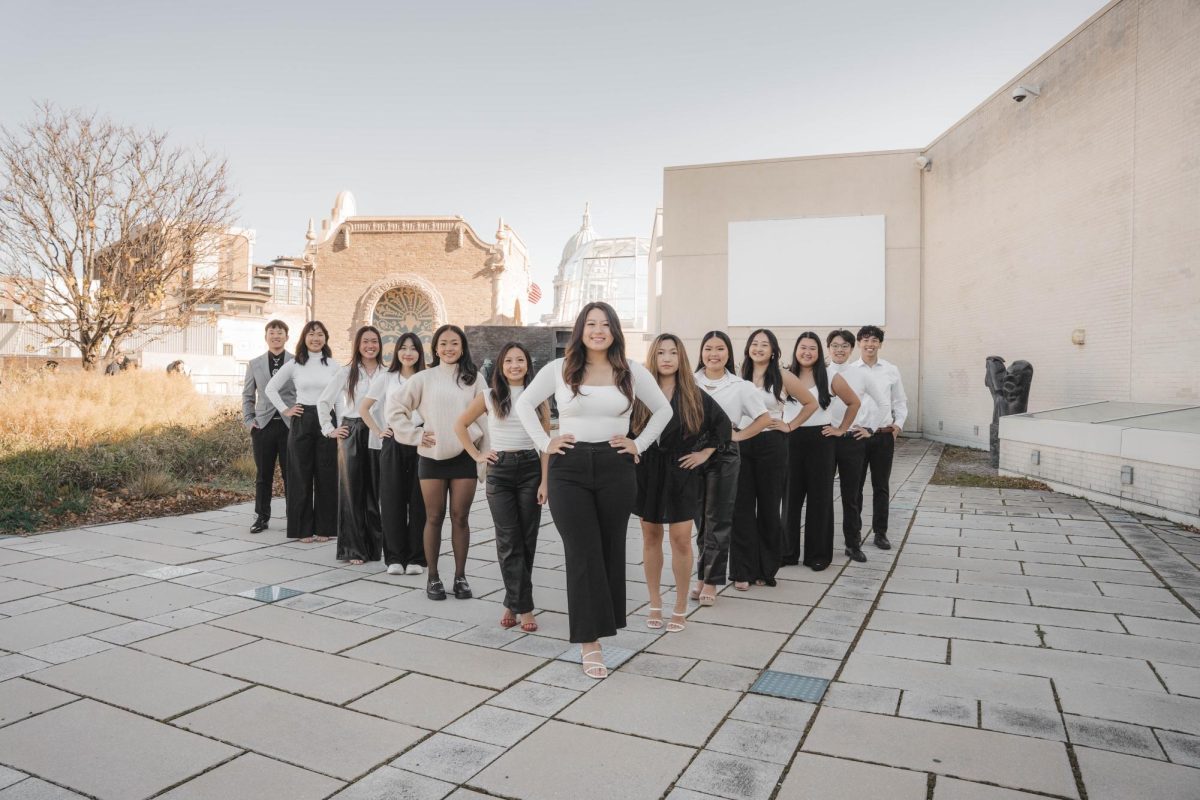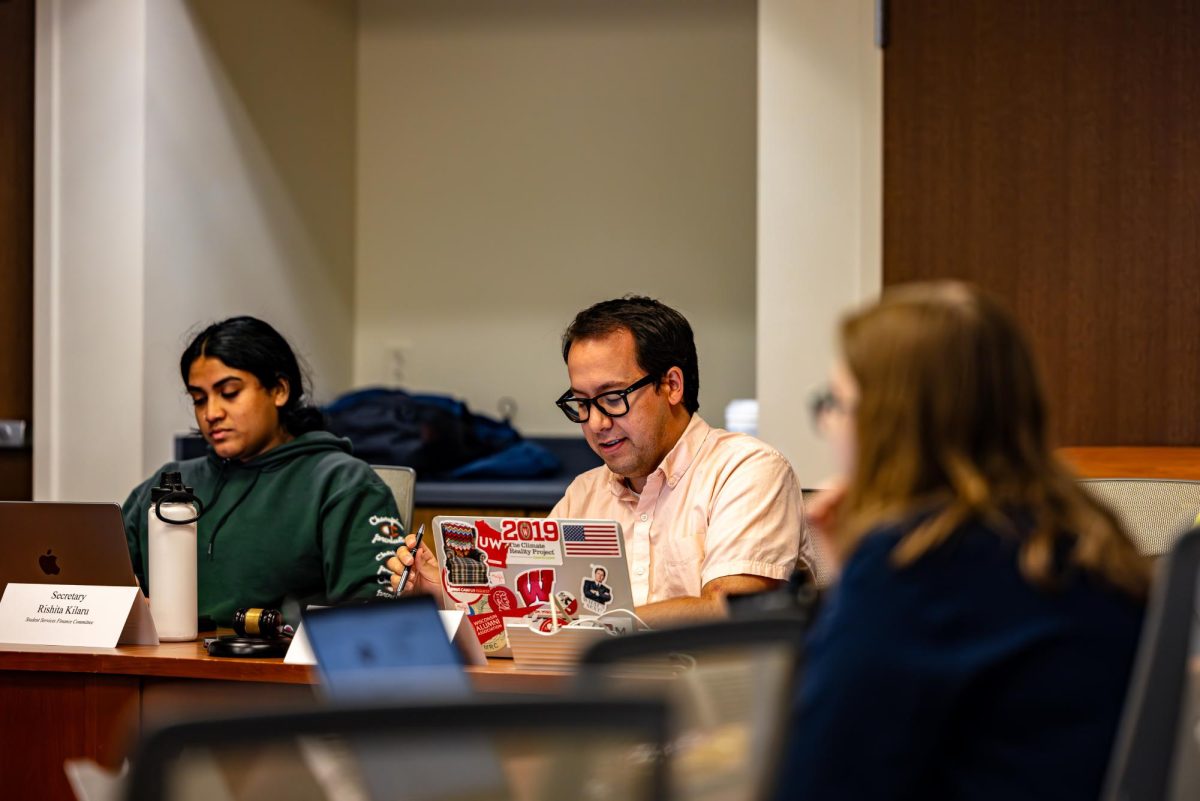A newly-announced partnership between the University of Wisconsin and the Wisconsin Alumni Research Foundation will provide resources for entrepreneurs across campus to sell their products, whether they’re created with the arts or in a lab.
Leigh Cagan, WARF chief technology commercialization officer, said the new project, called Discovery 2 Product, would boost entrepreneurship and other skills that enhance entrepreneurial opportunities.
“Whether it be for the faculty or the students, the idea for D2P is that it will be a place for people on campus to go to so they can get highly accurate information on what their resources are for entrepreneurship inside and outside of the university,” Cagan said.
He said D2P is different from other projects between UW and WARF because of its goal to raise awareness about entrepreneurship opportunities at UW.
D2P is similar to what WARF and UW have done when trying to help licensees with their research and innovations, but D2P will be an opportunity to expand what WARF can do for these licensees, such as the creation of new companies, Cagan said.
WARF and UW will fund D2P equally, with $1.6 million coming from each to total an initial budget of $3.2 million, she said.
He also said D2P will benefit the university by providing opportunities that were previously unavailable on campus and create additional resources for people looking for these opportunities, such as mentors who are part of the program and can provide ongoing guidance and assistance in certain fields.
Technology transfer, or taking ideas and innovations in a research lab and transforming them into real products and services that will benefit people, will be important in the program, Cagan said.
It could also bridge the gap between innovations that may occur in a biology or chemistry research lab and the business side of things following the innovations, such as turning it into a helpful drug for people, Cagan said.
A transfer process involves providing the commercial entity a license from the university, and allowing a transfer of knowledge to occur where people who created the technology can talk with people from the company about the product and what needs to happen moving forward, Cagan said.
At the launch event for D2P Wednesday, Thomas Mackie, Morgridge Institute for Research director of medical devices, said all areas of study will be open to D2P, such as arts and social sciences.
To get the program off on the right foot, WARF and UW will need to bring in a strong director who has both an understanding of entrepreneurship and economic issues and an understanding of how people work in a research and academic environment, Cagan said.
Mackie also said D2P may need some time before the program can achieve success.
“This will be a long process for us to see that D2P will be a successful program and could take as long as a decade to get on its feet. It will take patience to wait for the success,” he said.
This article has been edited to reflect the following corrections:
Thomas Mackie is the director of medical devices at the Morgridge Institute for Research. Leigh Cagan was incorrectly referred to as “she” and all references have been changed to “he”.
















